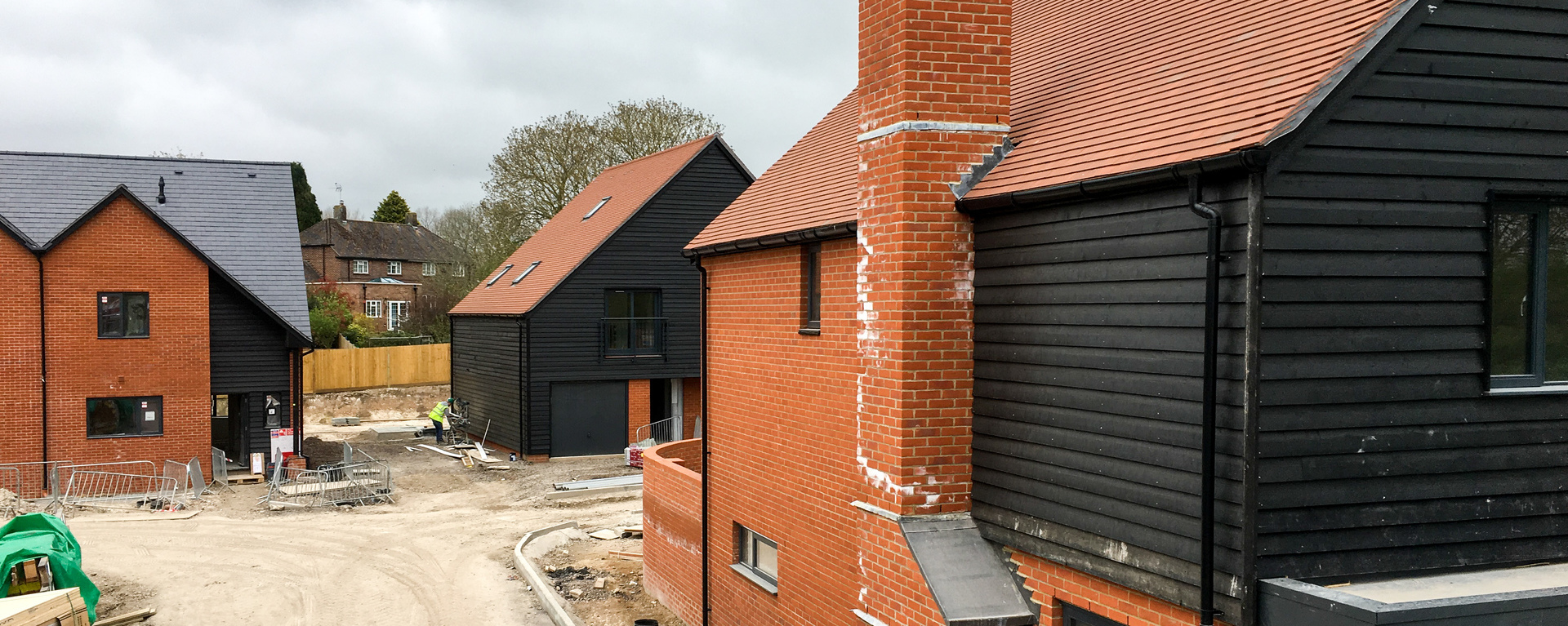Buying a Cheap House vs. Buying a Slightly More Expensive One: Which Is Better in the Long Run? I The Property Fox Leicester
Posted on 21st June 2023
Buying your own home can be very exciting, but it comes with a lot of decisions, one of which is whether to buy a cheap, older house or a slightly more expensive, modern house.
While saving money on your mortgage might be a priority, the truth is that a cheaper house may end up costing you more in the long run due to higher energy bills and maintenance costs.
In this blog post, we will discuss the differences between buying a cheap home and a more modern one and help you decide which one is the better investment for you.
When looking at older, cheaper houses, the biggest advantage is their size. Older homes, especially ones built during the post-war period, tend to be bigger than modern houses of the same price range.
However, these older homes often have outdated heating and cooling systems, poor insulation, and single-glazed windows, which make them less energy-efficient.
An older home with inefficient heating and cooling systems will result in higher energy bills, which can add up over time, making the cheaper option more expensive in the long run.
In contrast, more modern houses are built with higher-quality materials, which makes them more energy-efficient and easier to maintain.
These houses tend to have double-glazed windows, better insulation, and efficient heating and cooling systems, which keep the energy bills low, and overall maintenance costs are significantly less.
While a more modern house may cost slightly more in the short term, it will lead to long-term savings, especially in energy bills.
One disadvantage of buying an older, cheaper home is the potential maintenance costs.
While these older houses may have a lot of character and charm, they also tend to have more structural issues that need repairing, which can be costly.
These houses might also have outdated electrical and plumbing systems, which can also be expensive to repair or replace.
On the other hand, modern homes are built to withstand wear and tear over time, meaning they require less maintenance and have fewer structural problems.
When deciding between buying a cheaper or more expensive house, homebuyers must decide whether they want a larger house with potential higher energy bills and higher maintenance costs or a smaller, modern house that is energy-efficient and cheaper to maintain.
While buying a cheaper home may save money on the mortgage, it also means paying more for maintenance and repair costs down the line.
If you're willing to stretch your budget a bit, buying a slightly more expensive and modern house is a far better investment in the long run.
Buying a home is a significant investment, and it is important to consider all the factors before making a decision. While it may be tempting to buy the cheapest home available, it is important to think about long-term investment and total cost savings.
Modern, energy-efficient homes may have a higher price tag, but they will save you money over time in lower energy bills and maintenance costs.
In contrast, older homes may offer more space and character, but they may come with expensive maintenance and repairs.
By considering all factors, potential homebuyers can make a choice that will satisfy their needs and give them peace of mind.
If you have any more questions, or would like to talk with a member of our team, please don't hesitate to contact us, we are here to help!
WANT TO FIND OUT MORE?
Brilliant, we will be more than happy to speak with you and see how we can help further.
Contact us on one of the methods with any queries that you may have, or use our contact form and we will be back in touch very soon!
Telephone
0116 3409989
Email
sales@thepropertyfox.co.uk
Social Media
Please fill in the form below and a member of our team will contact you shortly
Tagged as: Thinking about buying?
Share this post:














